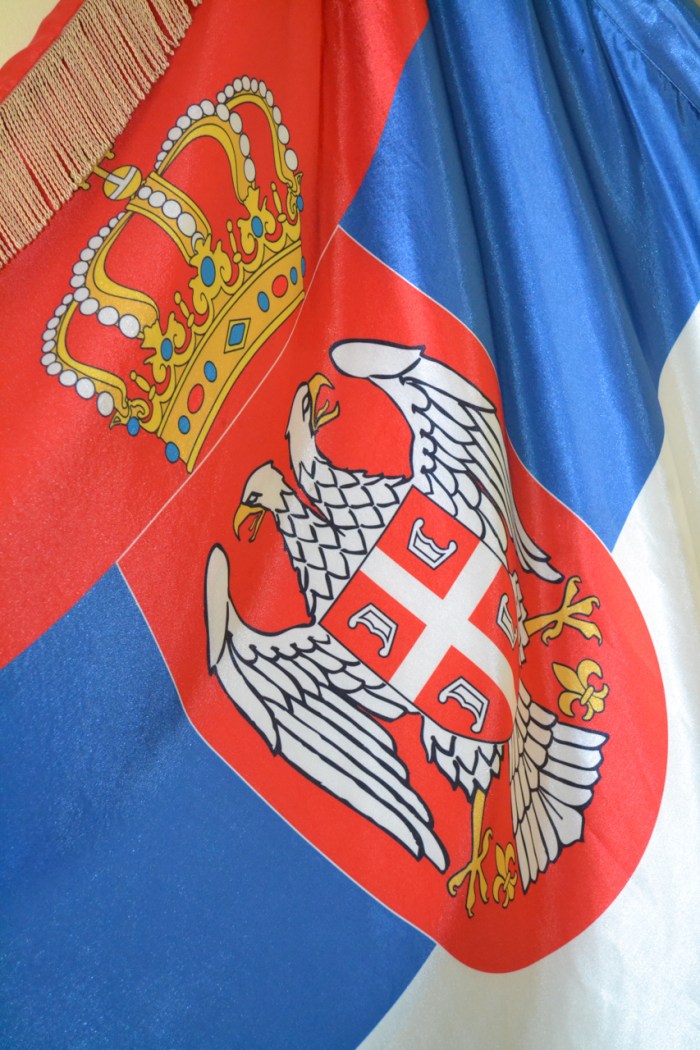BELGRADE – The Serbian state leadership, Serbian Orthodox Church (SPC) and Serbian Academy of Sciences and Arts (SANU) called on UNESCO member-states Tuesday to turn down the request supported by some of them to admit ‘Kosovo’ to the organization.
All Serbia’s institutions and state bodies fiercely oppose the admission of ‘Kosovo’ to UNESCO membership, the Serbian president’s press office said in a release.
The Serbian churches and monasteries in Kosovo-Metohija belong to a heritage owned by the SPC and the Republic of Serbia and any seizure of that heritage would mean jeopardizing the survival of the most important religious, cultural and historical monuments of the Serbian people, the European and world cultural heritage in Kosovo-Metohija, and also of the Serbian people still living in that region.
Serbia will not recognize Kosovo independence
Serbia will not recognize Kosovo’s independence, say the conclusions of Tuesday’s meeting of the Serbian state leadership with the Serbian Orthodox Church (SPC) and members of the Serbian Academy of Sciences and Arts (SANU).
Aware of the difficult realities on the ground, and with a view to ensure a different and better future for both the Serbs and the Albanians in Kosovo-Metohija (KiM), the Serbian government, SPC and SANU believe it is necessary to resolve all issues in a peaceful manner and with additional efforts to establish better relations with the Albanians.
The support for the creation of a Community of Serb Municipalities as an instrument for protecting the collective political, economic, cultural and other rights of the Serbian people in KiM will be one of the state policy priorities, the Serbian president’s press office said.
Serbia will continue road to EU membership
Serbia will continue the road to membership of the European Union, along with fostering and further promoting traditionally good relations with Russia, China and other countries, say the conclusions of Tuesday’s meeting of the state leadership with the Serbian Orthodox Church (SPC) and the president and members of the Serbian Academy of Sciences and Arts (SANU).
In addition, the Brussels-based dialogue between Belgrade and Pristina should continue and the Serbian government and its delegation have full freedom, within the framework of the Constitution of the Republic of Serbia, to reach compromise solutions and pave the way to better cooperation and better life for the Serbs and Albanians in the future, the Serbian president’s press office said.

